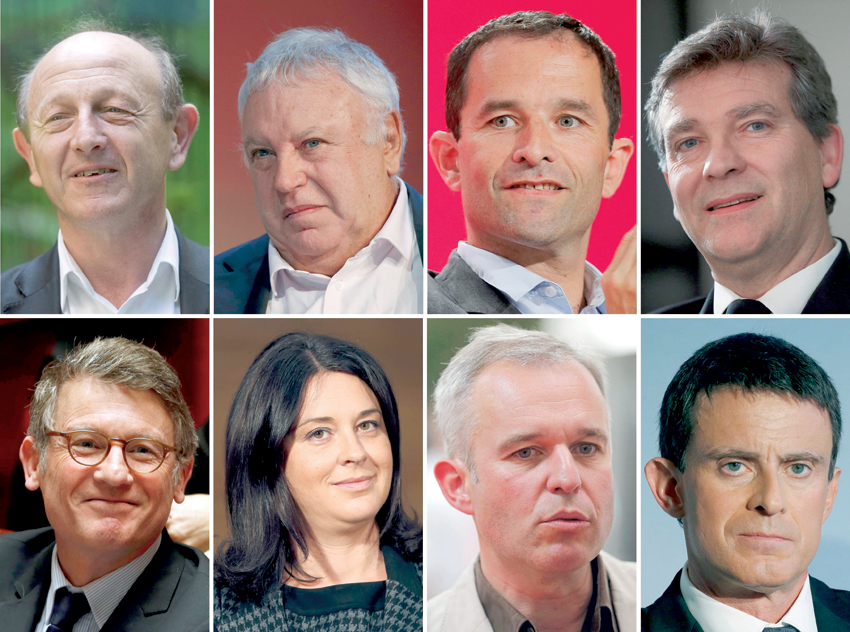

PARIS: Pollsters hoping to avoid further election shocks are trying to improve the quality of their data ahead of the 2017 French presidential election by asking questions differently and fine-tuning collection methods.
Opinion polls have come under scrutiny after the unexpected election of Donald Trump as US president and the surprise British referendum vote to leave the European Union.
Financial market participants and EU partners are watching France closely for signs of another shock, especially one in which far-right National Front leader Marine Le Pen wins on her anti-EU platform.
“Measuring participation is the real challenge,” said Jean-Daniel Levy, head of political polling at the Harris Interactive institute.
The problem with turnout is that some groups express a preference then fail to show up to vote, while others, missed by the polling machine, vote in large numbers. Pollsters say a better sample is key to ironing out sources of inaccuracy.
Many modern polls are conducted by mobile phone, whose numbers have no regional prefix, so reaching a representative sample has become labour intensive.
“Basically, if you’re looking for the mobile number of someone who lives in Marseille, you have to make a huge number of calls,” said Bruno Jeanbart of Opinion Way, whose operation is talking with phone operators to get hold of databases that tell them where their voters are located.
Pollsters are also looking at the questions they ask. For example, Jeanbart said, Opinion Way got better turnout results in the last conservative primary by asking voters how important voting was to them on a sliding numerical scale, rather than asking simply whether they were certain to or likely to vote.
But other questioning techniques could be difficult to improve upon, especially when it comes to measuring the degree to which the surge of populism seen in the Trump and Brexit votes could translate into support for Le Pen.
Jean Chiche, a voting science researcher at Sciences-Po university in Paris, reckons the gulf in life experience between highly educated, urban-based pollster statisticians and less educated working-class voters in rural or suburban areas is a hard one to bridge.
“The people who write the questions are not capable of imagining the ones you need to ask to identify those who voted Trump in the US,” he said. Chiche suggests the industry needs to study social media for ways to reach the people it might not have been reaching so far.
Polling institutes should also make clear that their polls have margins of error, Erwan Lestrohan of pollster BVA said.
In 2002, insisting on the 3 per cent margin of error or giving a polling range could have helped people realise there was a possibility that Marine Le Pen’s father Jean-Marie could beat Socialist leader Lionel Jospin, he said.
Jean-Marie Le Pen edged out Jospin by gathering 16.86 per cent of first-round votes, 0.8 percentage points more than Jospin. Polls before the election had Le Pen around 14 per cent.
With the first round of voting due in April, polls show the gap Marine Le Pen needs to bridge is much larger than the one faced by Trump or Britain’s Brexiteers at the same stage. — Reuters
Oman Observer is now on the WhatsApp channel. Click here



